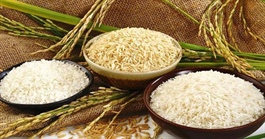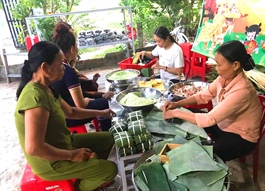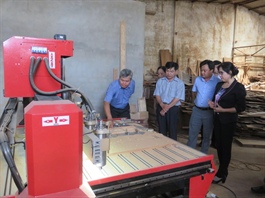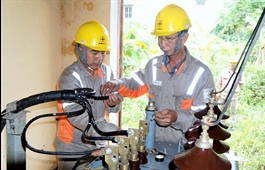Higher standards help boost Central Highlands agricultural exports
Higher standards help boost Central Highlands agricultural exports
Tay Nguyen (Central Highlands) agricultural exports have grown as the region meets international export standards and invests in high-tech packaging facilities.

For the past two years, many agricultural exporters in the Tay Nguyen (Central Highlands) region, which consist of the provinces of Kom Tun, Gai Lai, Dak Lak, Dak Nong and Lam Dong, have worked with local authorities to establish codes that meet international standards and advanced packaging facilities.
Tran Xuan Khai, director of the Gia Lai Province's Sub-department of Crop Production and Plant Protection, said that these methods had brought multiple benefits for businesses.
Fifty five farming codes and 21 packaging facilities for fruits such as mango, dragon fruit and banana have helped them qualify for exporting to China, Australia, New Zealand and the US.
In some facilities, drip irrigation systems, transportation equipment and pre-processing houses have also increased the value of the products.
Gia Lai’s banana export price has increased from VND5,000 to VND20,000 per kilo after these codes and facilities were set up.
And in the Kon Tum Province, six of these farming codes were also issued for jackfruit and banana so they can be exported to China.
A farming code is a certificate of identification serial number for a farm to help track the source and quality of the product as well as its production process.
This code is only used for large farms while the majority of cultivated land in Tay Nguyen is owned individually by small farmers.
Dr. Phan Viet Ha, Deputy rector of Western Highlands Agriculture and Forestry Science Institute, encourages farmers to form co-operative groups and create large farming areas in order to meet the standards for granting the code.
Ha said that when the farming code is issued, farmers should follow the regulated production guidelines and be transparent with the production information so buyers can trace the origin of the products. Local authorities should also support farmers to meet these standards by helping farmers to join co-operative groups.
After the farmers join co-ops, authorities can supervise co-ops that were issued farming codes to ensure quality during the production process.
About 91 per cent of the Central Highlands region is agricultural land and has diversified agricultural products with good weather. The land is well-known as the number one producer in Viet Nam of many fruits and vegetables, such as coffee, cashew and avocado.

























